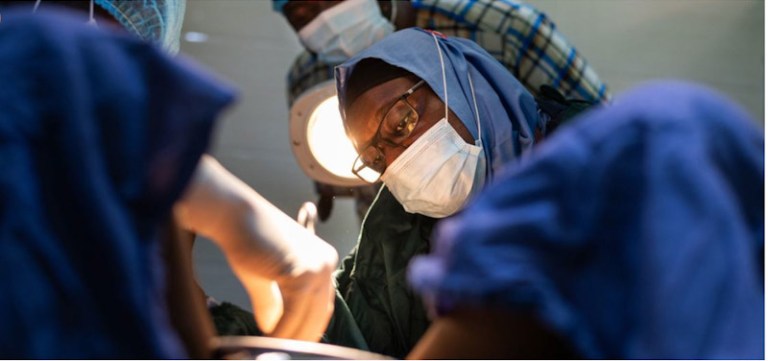With one in five people worldwide developing cancer during their lifetimes, prevention of the disease has become one of the most significant public health challenges of the 21st century.
To mark World Cancer Day, the World Health Organization’s (WHO) International Agency for Research of Cancer (IARC) launched on Friday the World Code Against Cancer Framework, an online platform that will promote prevention globally and the development of Regional Codes to help fight the disease.
Based on current scientific evidence, at least 40 per cent of all cancer cases could be prevented with effective primary prevention measures, and further mortality can be reduced through early detection of tumours.
Regional differences
Dr. Carolina Espina, the IARC scientist who leads the project, explains that some risk factors are common worldwide, but some patterns are specific to certain regions and socioeconomic and cultural conditions.
Because of that, the new framework provides a common strategy and methodology to develop recommendations tailored to the context and needs of local populations.
The framework builds on the success of the fourth edition of the European Code Against Cancer.
“This new platform will host existing Regional Codes Against Cancer, such as the European Code…as well as Regional Codes that are currently under development, such as the Latin America and the Caribbean Code Against Cancer, and other future Regional Codes”,Dr.Espina explained.
The Latin America and the Caribbean Code Against Cancer is expected to be launched in 2023. It will be the first regional adaptation of the European Code Against Cancer.
Rays of Hope Initiative
Also on Friday, The International Atomic Energy Agency (IAEA) announced a new initiative, called Rays of Hope, to support Member States with diagnosis and treatment using radiation technologies, beginning with African countries most in need.
In a joint statement, the World Health Organization (WHO)Director-General, Tedros Adhanom Ghebreyesus, and the IAEA Director General, Rafael Mariano Grossi,explained how low and middle-income countries (LMICs) are disproportionately affected.
By Fred Azelwa.
